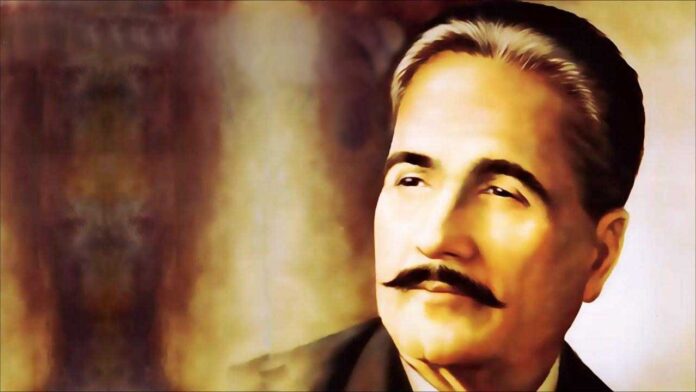Delhi University’s Academic Council (AC) recently announced a series of significant changes to the university’s syllabi and the establishment of new study centers. Notably, poet Mohd Iqbal has been removed from the BA political science syllabus, while proposals for the creation of Partition Studies, Hindu Studies, and Tribal Studies centers have been approved. Mohd Iqbal, renowned for penning the popular song “Sare jahan se acha Hindustan hamara,” was one of the most prominent Urdu and Persian poets in the Indian subcontinent. Revered as Allama Iqbal, he played a pivotal role in shaping the idea of Pakistan and served as Pakistan’s national poet. Vikas Gupta, the DU registrar, confirmed that the syllabi changes and proposals for the new study centers were approved during the council meeting. He stated, “Proposals for the establishment of centers for Partition, Hindu, and Tribal studies have been passed, while Mohd Iqbal has been dropped from the syllabus.” Iqbal’s works were previously included in the paper on “Modern Indian political thought” in the BA political science curriculum. The proposals will now be presented for final approval by the university’s executive council (EC) in their meeting scheduled for June 9.
The decision to remove Iqbal from the syllabus was welcomed by the Delhi unit of the Akhil Bharatiya Vidyarthi Parishad. In a statement, the student organization expressed their support, referring to Iqbal as a “fanatic theological scholar” and emphasizing his role in the partition of India. During the meeting, the AC also discussed syllabi revisions for various undergraduate courses and deliberated on the university’s adoption of the four-year integrated teacher education program (ITEP) starting from the 2023-24 session. However, there was opposition from five AC members regarding the proposal for Partition Studies, deeming it “divisive.”
They criticized the objective of the center, which aimed to study past invasions, suffering, and slavery over a span of 1300 years, arguing that it was offensive and would only incite communal speeches. In addition to these significant decisions, the council addressed various other topics during the meeting, including the displacement of ad-hoc teachers, pending EWS expansion-related teaching posts, and maternity leave provisions for ad-hoc teachers. They also discussed the allocation of funds and grants to DU colleges. Overall, the recent decisions by the Delhi University Academic Council have sparked debates and reactions from different quarters, reflecting the diverse perspectives within the academic community and society at large.


